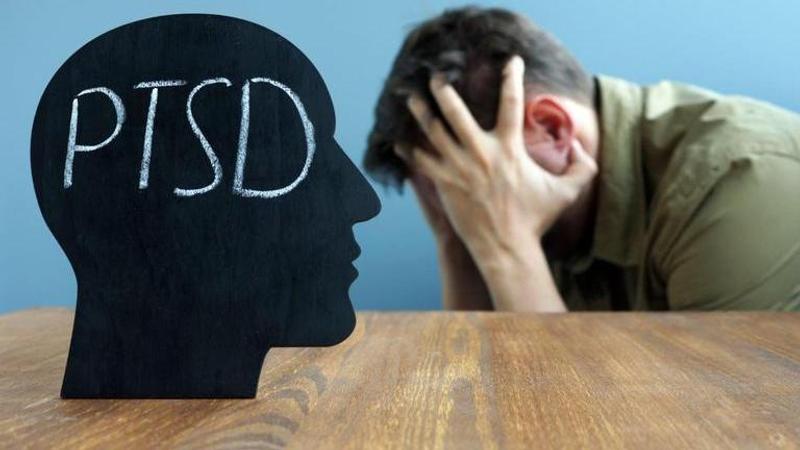Published 21:21 IST, August 31st 2023
What is PTSD? Know causes, symptoms, diagnosis, treatment of mental health condition
PTSD, or post-traumatic stress disorder, is a mental health condition that can develop after experiencing or witnessing a traumatic event.

PTSD, or post-traumatic stress disorder, is a mental health condition that has become a topic of discussion in recent times. To delve deeper into the intricacies of this disorder, Republic Digital spoke with Psychiatrist Dr Nikunj S Gokani. Let's explore the insights he shared regarding PTSD, its causes, symptoms, diagnosis and treatment.
2 things you need to know
- Symptoms of PTSD include flashbacks, avoidance, mood changes and more.
- Diagnosis involves clinical assessment and specific therapeutic approaches.
A comprehensive medical insight into PTSD
"PTSD, or post-traumatic stress disorder, is a mental health condition that can develop after experiencing or witnessing a traumatic event," Dr Gokani stated. He highlighted that this disorder involves a range of distressing symptoms that persist beyond the traumatic event itself. These symptoms encompass intrusive thoughts, nightmares, flashbacks, avoidance behaviours, negative changes in mood and cognition and heightened arousal.
(Understanding the PTSD is important for better treatment | Image: iStock)
Causes of PTSD
Dr Gokani delved into the complexity of the underlying causes that can lead to the development of PTSD. "Traumatic experiences, especially those that involve a threat to life or safety, are key triggers," he emphasised. He also shed light on the role of neurobiological factors, genetic predisposition, pre-existing mental health conditions and the importance of a strong social support system in contributing to the development of PTSD.
Symptoms of PTSD
For those unfamiliar with the nuances of PTSD, Dr Gokani described the diverse range of symptoms that individuals might experience when dealing with this disorder. "Individuals with PTSD might experience a wide array of symptoms," he explained. These encompass re-experiencing the traumatic event through flashbacks and nightmares, avoiding triggers associated with the event, experiencing negative changes in thought patterns and mood, heightened emotional and physical arousal, difficulty concentrating, irritability and hypervigilance.
Diagnosis of PTSD
The doctor emphasised the critical role of accurate diagnosis in addressing PTSD. "Diagnosis of PTSD involves a thorough clinical assessment by mental health professionals," Dr Gokani shared. He highlighted the consideration of symptom presence, duration, their impact on daily life and their connection to the traumatic event. The diagnostic criteria outlined in widely recognised classification systems such as the DSM-5 play a crucial role in this process.
Path to healing: How to treat PTSD?
Delving into treatment options, Dr Gokani discussed the various medical interventions available for individuals grappling with PTSD. "Medical interventions for PTSD encompass psychotherapy, medications, and sometimes a combination of both," he said.
He highlighted specific approaches like cognitive-behavioural therapy, exposure therapy, antidepressants and anti-anxiety drugs. Dr Gokani also mentioned the utilisation of Eye Movement Desensitization and Reprocessing (EMDR) as a therapeutic technique designed for the trauma.
Strategies for recovery
Doctors emphasise strategies for individuals seeking to overcome the effects of PTSD and reclaim their sense of well-being. "From a medical standpoint, managing PTSD involves therapy, lifestyle adjustments and building a robust support system," he advised. He highlighted mindfulness, relaxation exercises and grounding techniques as valuable tools for managing symptoms and fostering well-being. Dr Gokani stressed the importance of seeking professional help early in the journey to recovery.
Overall, Dr Nikunj S Gokani's insights provided a comprehensive understanding of PTSD, shedding light on its medical aspects, causes, symptoms, diagnosis, and treatment options. This dialogue serves as a valuable resource for those aiming to grasp the complexities of post-traumatic stress disorder.
Updated 21:21 IST, August 31st 2023




